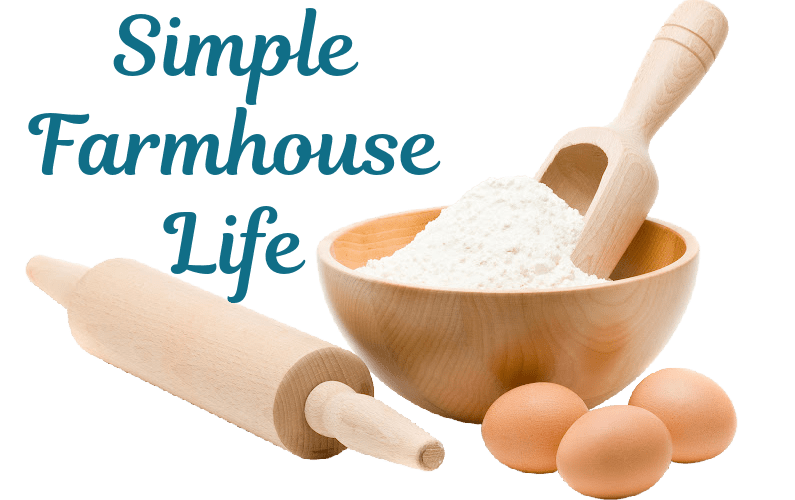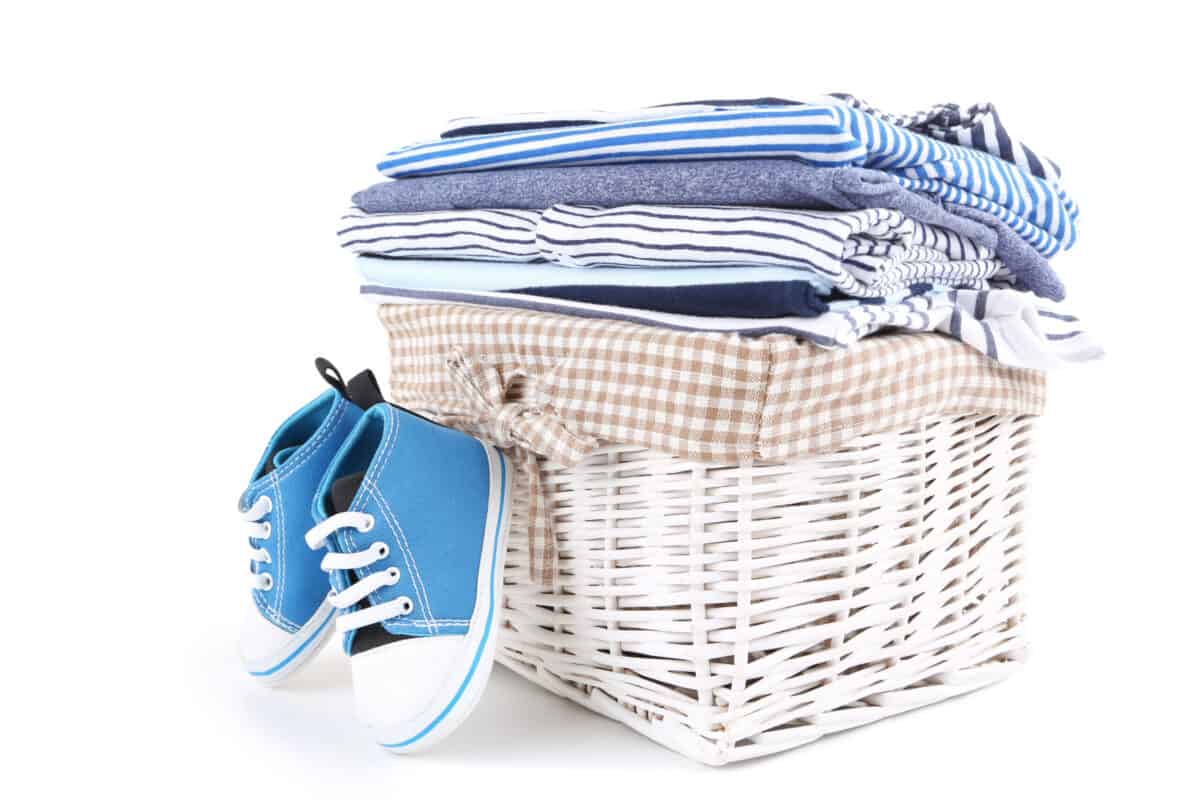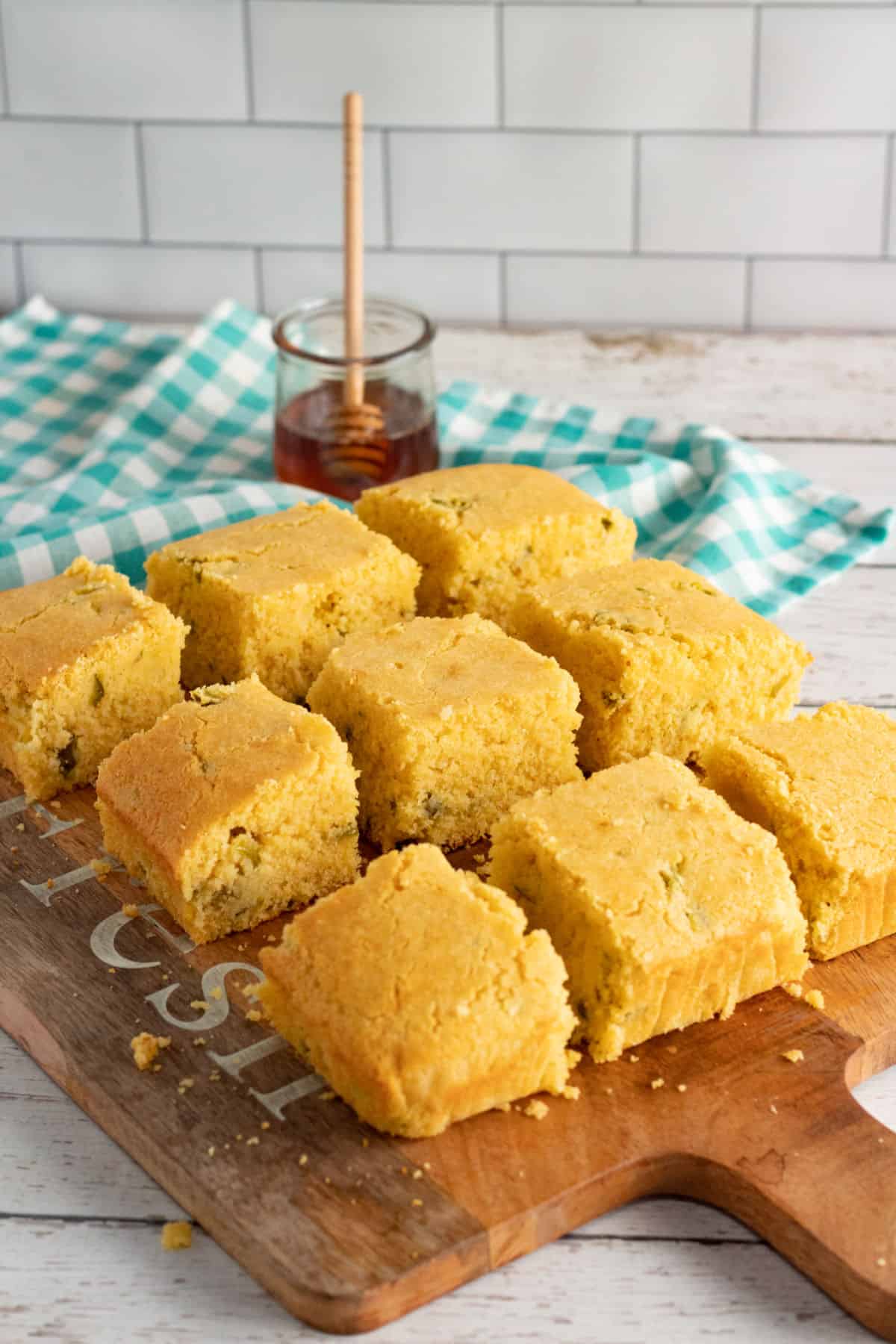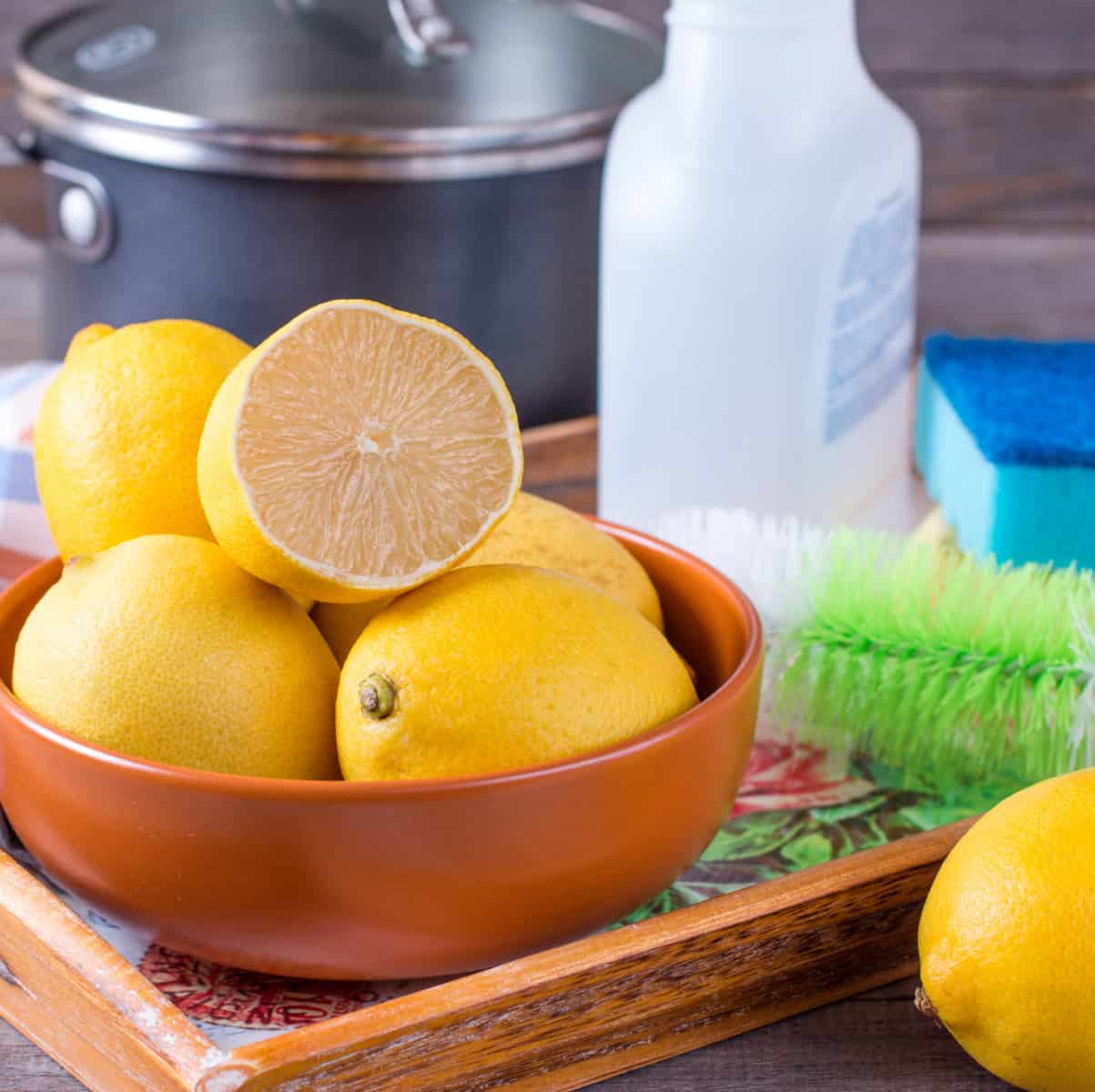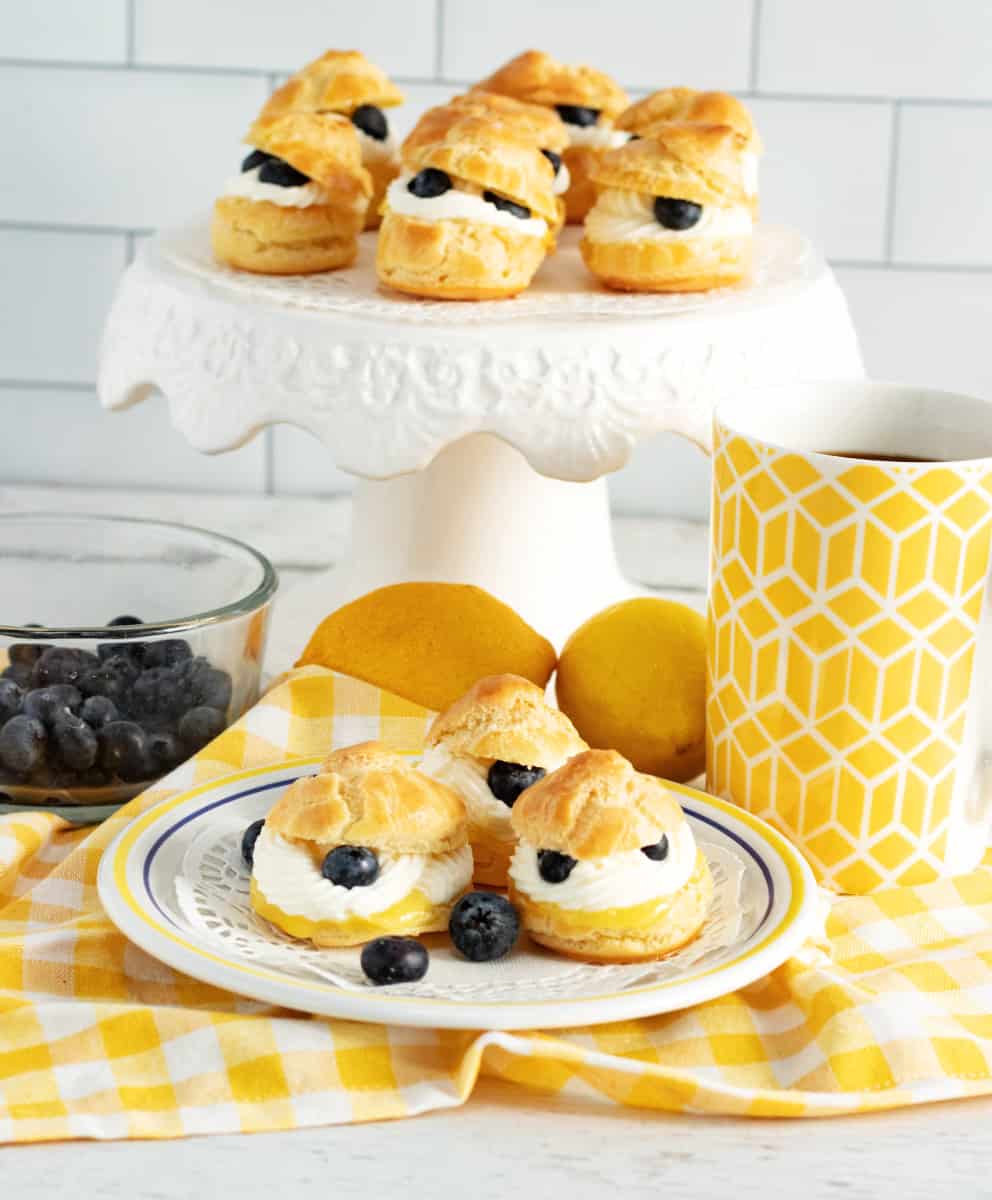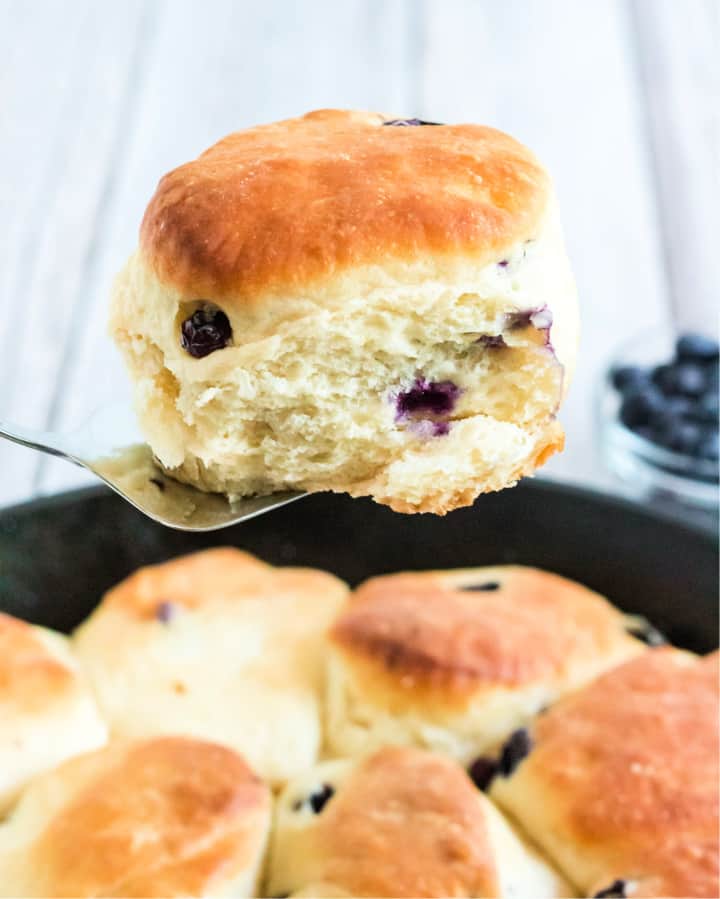6 Safe Alternatives to Fabric Softener
We may earn money or products from the companies mentioned or linked to in this post.
Eco-friendly alternatives to fabric softener are available and easy to obtain at a better price than the commercial softeners available. There are many reasons why you might want to soften your clothes without using commercial fabric softener. Fabric softener often contains toxic chemicals that can be damaging to the environment. Additionally, some people have skin sensitivities to fragrance additives in their laundry products. Babies and young children are particularly susceptable to the effects of the chemicals in commercial fabric softeners.
If you are concerned about the environmental impact of your laundry habits or your sensitive skin, then you’ll love these tips for softening clothes without using fabric softener. Instead of adding chemical-laden fabric softener to your wash routine, consider one of these alternatives to fabric softener for creating softer, static-free garments with every wash cycle!
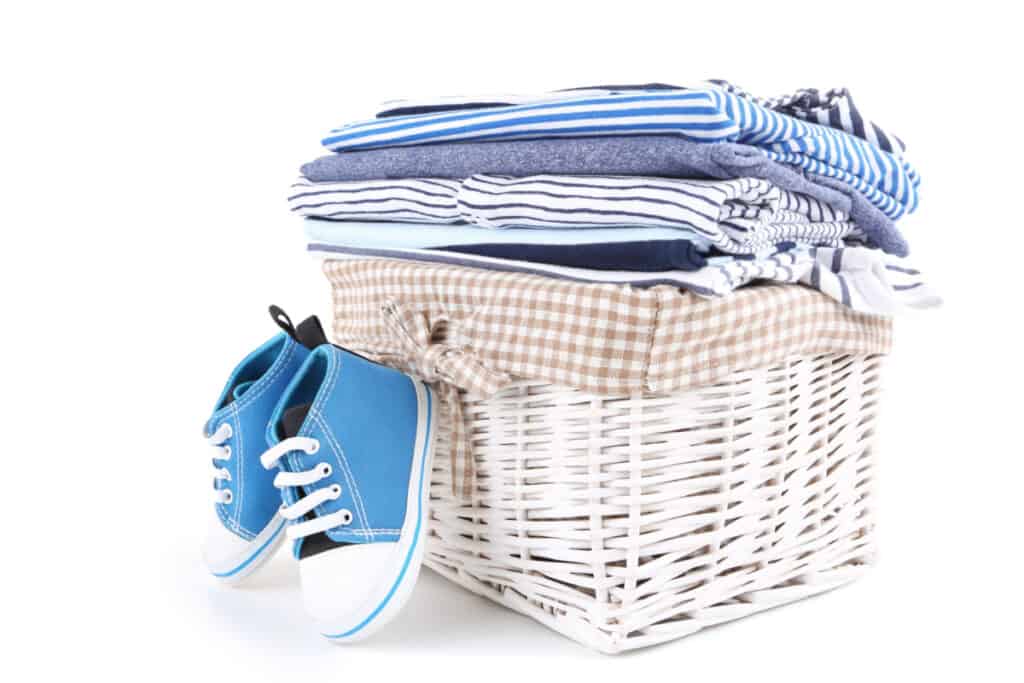
IN A HURRY? CLICK ON THESE LINKS TO TAKE YOU WHERE YOU WANT TO GO.
Why is Fabric Softener Harmful
Fabric softener is often made with synthetic fragrance oils that are extremely toxic for the environment. Additionally, fabric softener is made with chemicals called surfactants, which can be very damaging to the natural layers of the human skin. Many people have sensitive skin and may experience allergic reactions to fabric softener, especially if they have eczema. Your pets can also have allergic reactions to the chemicals in commercial fabric softeners.
Fabric softener can also cause build-up on your clothes over time, which can leave your garments looking dingy and feeling stiff. Fabric softener can also make stains more difficult to remove from your clothes, so it’s best to avoid it if possible and switch to one of the safer alternatives to fabric softener.
Natural Alternatives to Fabric Softener
Dryer Balls
Wool dryer balls are a great alternative to fabric softeners. They are naturally anti-microbial and anti-allergenic, and they contain no synthetic chemicals. Wool dryer balls can be used to soften any type of fabric, including athletic wear, fabrics made from natural fibers, and synthetic fabrics. Wool dryer balls can be used alone or in conjunction with a fabric softener alternative like vinegar or baking soda.
To use wool dryer balls, simply place three balls in the dryer with each load of laundry. These are an eco-friendly, cost-effective alternative to fabric softeners, and they can be used for years to come. Add a couple drops of your favorite essential oil to the dryer ball to add a wonderful and safe fragrance to your laundry.
Try Adding White Vinegar
White vinegar contains many natural softening agents, like amides and amino acids. When added to the laundry cycle, white vinegar can soften fabrics and remove dirt and odors. If you add vinegar to the rinse cycle, it can also help soften fabrics and reduce static. Vinegar will not leave behind a scent or leave your clothes feeling oily. You can also use vinegar as a natural stain remover and as a booster for your detergent. You can add between one and one-and-a-half cups of vinegar to your laundry cycle.
Add Baking Soda as an Eco Friendly Alternative to Fabric Softener
Baking soda is another natural fabric softener. It can be used alone or in combination with vinegar or essential oils. Baking soda is safe for all fabrics, including colour-fast fabrics. Baking soda has natural anti-static properties, making it a good option to reduce static cling. It can also be used as a natural stain remover. To add baking soda to your laundry routine, you can place one-half cup of baking soda in your washing machine or add one-half cup of baking soda to your liquid laundry detergent.
Essential Oils
Essential oils are natural alternatives to fabric softeners. When you add one or more essential oils to the rinse cycle of your laundry, it can soften fabrics and leave them smelling fresh. You can also add essential oils to an ironing board cover to reduce static cling. Linen Sprays made with essential oils are the perfect natural finishing touch for your laundry.
You can use any essential oil that is safe for skin, such as lavender, rosemary, or peppermint. When selecting essential oils, look for organic oils that are free from synthetic ingredients and harmful chemicals. You can add up to one tablespoon of essential oils to each load of laundry. Be careful to not add the oils directly onto the fabrics as this may cause stains. Put it in your softener dispenser or add it to your wash water after the machine is filled.
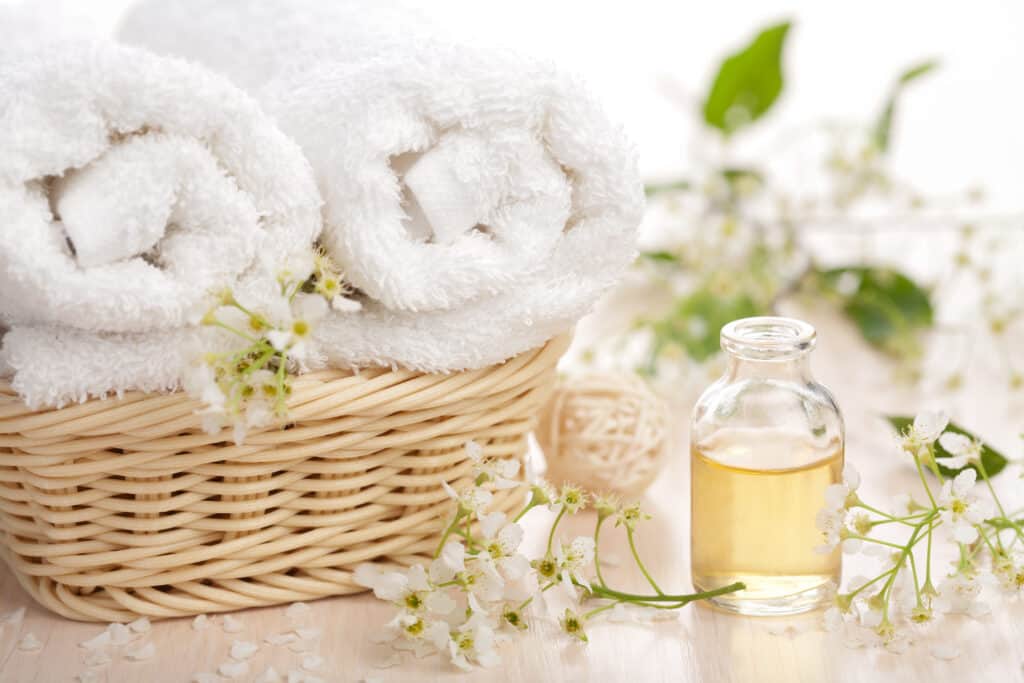
Epsom Salt
Epsom salt is a natural fabric softener that breaks down static and leaves your clothes smelling fresh. It can be used alone or in conjunction with other softeners. Simply add a half cup of the salts to your wash or rinse cycle. For a fresh natural scent, add some lavender, either fresh or oils, to the salts.
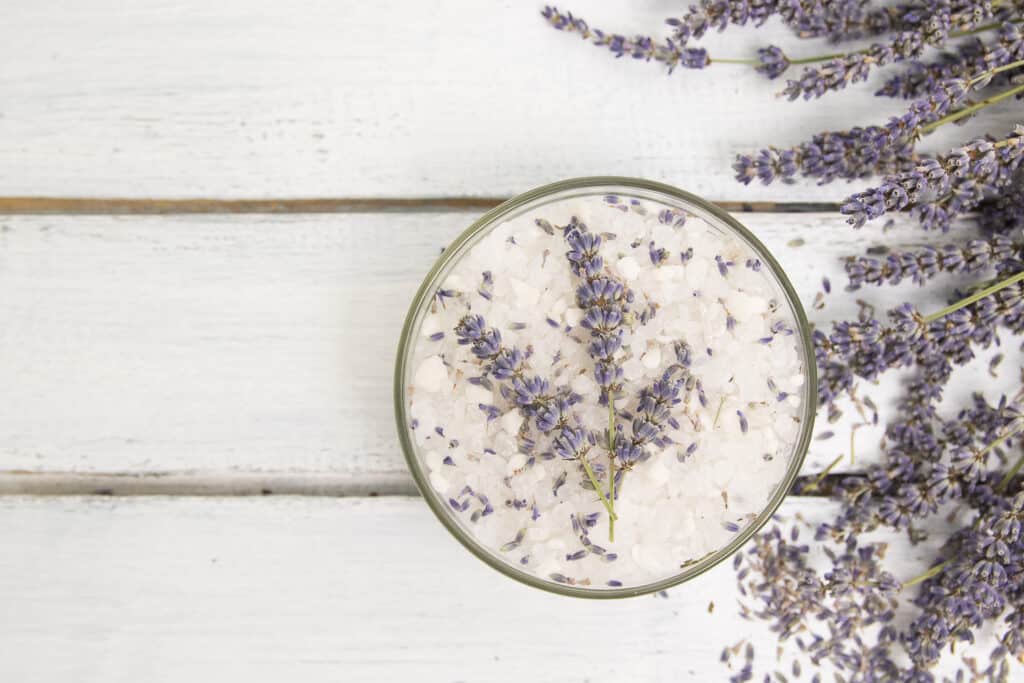
Try an Eco-Friendly Commercial Fabric Softener Alternative
The above are all great alternatives to fabric softener but if you still decide to use a regular fabric softener, I have some suggestions of ones that are considered eco-friendly and natural alternatives to fabric softener on your grocery shelf.
Fabric softeners are notorious for containing harmful chemicals that can be damaging to the environment. If you want to soften your clothes without adding a synthetic fabric softener, there are plenty of eco-friendly alternatives that can help reduce static cling, reduce wrinkles, and leave your clothes smelling fresh. Whether you choose to add a natural fabric softener alternative or you decide to go without, you’ll enjoy softer clothes that smell great, free of toxic chemicals. If you have sensitive skin, you may even find that you have fewer allergic reactions when you skip the commercial synthetic fabric softener.
